12 Pitfalls of Owning a Rental Property

12 Pitfalls of Owning a Rental Property
Rental properties aren't all sunshine and rainbows
Owning a rental property has a lot of pros. Earning monthly cash flow, gaining certain tax benefits, and building equity without having to pay the mortgage yourself are just a few. But it's not all pros. Like any investment, it comes with its own unique cons.
If you're considering buying a rental property, make sure you understand the 10 most common pitfalls of owning one.
5 Stocks Under $49
Presented by Motley Fool Stock Advisor
We hear it over and over from investors, "I wish I had bought Amazon or Netflix when they were first recommended by The Motley Fool. I'd be sitting on a gold mine!" It's true, but we think these 5 other stocks are screaming buys. And you can buy them now for less than $49 a share! Click here to learn how you can grab a copy of "5 Growth Stocks Under $49" for FREE for a limited time only.
Previous
Next
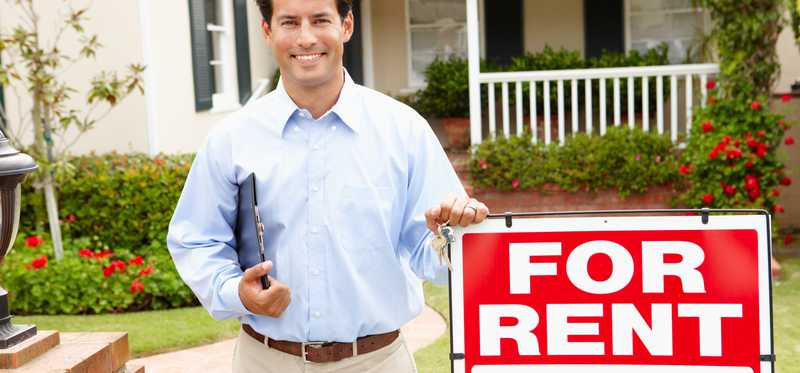
1. Vacancies
Rental properties aren't occupied 100% of the time. Eventually, a tenant will move out, and the property will sit empty until a new tenant moves in, which could be a few days, weeks, or months.
Vacancies mean not only no rental income for a while but also added expenses. The time between tenants is usually used to make repairs or improvements to the property, potentially resulting in a hefty bill for the landlord.
To help offset losses during vacancies, adjust your expected income and return to reflect the average vacancy rate when you buy, and then set aside money for repairs. That way, the added cost is accounted for.
Previous
Next

2. Landlord responsibilities
Collecting rent is the easy (and fun) part of being a landlord. But owning rental property comes with a lot of extra responsibilities. You need to market the rental property, show the property, meet and coordinate with tenants for repairs, manage the property's books, get special rental insurance for the property, and a slew of other things.
If the day-to-day responsibilities seem like a drag, consider hiring a property manager to take the load off you. While this will come at an extra cost, it eliminates one of the biggest pitfalls of being a landlord.
Previous
Next

3. Repairs
Things break in a home. Rental properties are not excluded. The home will need general repairs and improvements to not only help retain its condition for tenants but also hold its value and compete in the rental market.
Repairs to a property can be expensive, particularly if big items like plumbing, electrical, air conditioning, heating, or the roof go. Repairing things gets increasingly challenging if the tenant resides there and you have to coordinate the repairs with the tenant's schedule or be in a time crunch to resolve the issue.
Make sure you set aside money each month to help cover costs when they pop up -- because they will eventually pop up.
ALSO READ: I Wouldn't Dare Invest In Rental Property; I'd Do This Instead
Previous
Next

4. Legal liability
Owning a rental property means you're also taking on certain legal obligations and responsibilities that could put you and your investments at risk in the event of litigation. Things like your tenant or their guest getting injured on your property could result in a lawsuit. And if you are found at fault, you could be held responsible.
Always make sure you have rental property insurance and require your tenant to get renters insurance, which offers additional coverage for certain issues that could lead to litigation.
Previous
Next

5. Bad tenants
Not every tenant pays their rent on time, takes care of the property as if it's their own, and cleans up after themselves. The damage a tenant can do to a property is incredible, and while you can sue for damages, more often than not, you won't see a dime.
Your best bet is to have a thorough screening process and a well-written lease to avoid getting stuck with a bad tenant. Doing this will help you weed out nightmare rental applicants and evict bad tenants due to wrongdoing.
5 Stocks Under $49
Presented by Motley Fool Stock Advisor
We hear it over and over from investors, "I wish I had bought Amazon or Netflix when they were first recommended by The Motley Fool. I'd be sitting on a gold mine!" It's true, but we think these 5 other stocks are screaming buys. And you can buy them now for less than $49 a share! Click here to learn how you can grab a copy of "5 Growth Stocks Under $49" for FREE for a limited time only.
Previous
Next
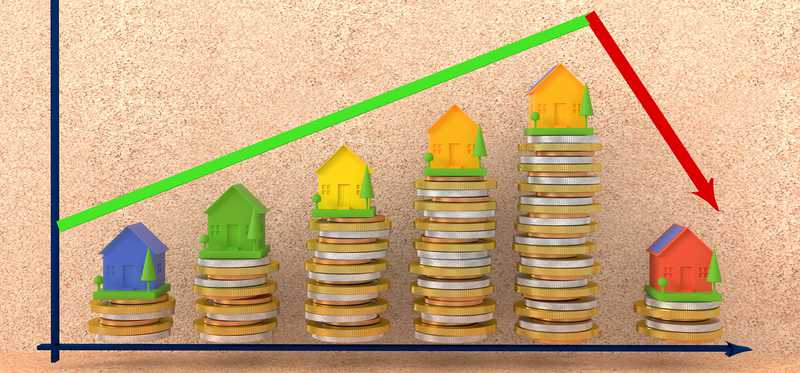
6. Risk of market downturns
Markets are cyclical, and demand for rental housing will fluctuate based on market conditions. If you get a vacancy when the market is down, securing a new tenant could take longer than expected, and the rental rate could be lower than what you previously had. Try to retain tenants in a down market by offering incentives, like making a desired improvement to the property.
Previous
Next
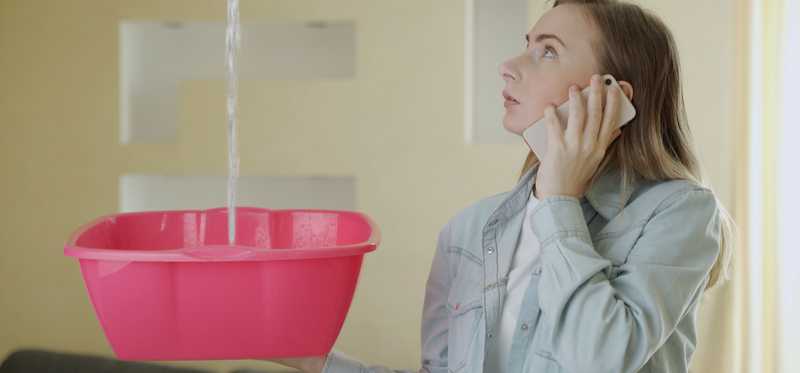
7. Unexpected costs
Unexpected costs that sometimes exceed what you may have set aside for repairs and improvements will arise. This can quickly eat away at any profits the rental property has generated, even if you budget your normal repairs and improvements.
I always suggest setting several thousand dollars aside for unexpected repairs when you purchase the property. But don't forget to add to this reserve monthly so that you aren't suddenly stuck with a large.
Previous
Next
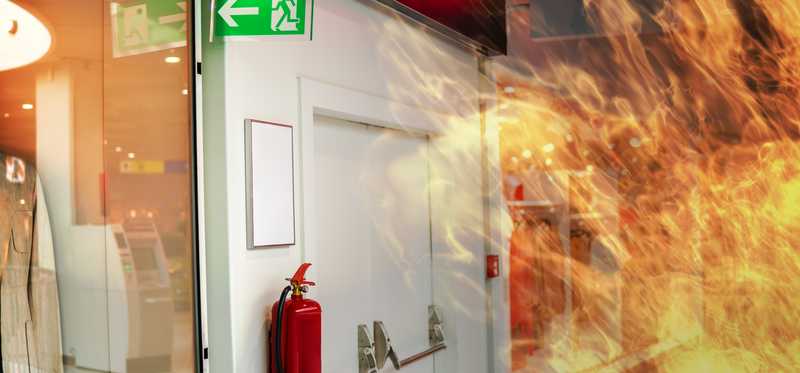
8. Environmental threats
Real estate is subject to environmental risks like fires, hurricanes, flooding, tornadoes, earthquakes, and freezes. Property insurance can help cover damages incurred from certain environmental events, but it will come at a premium. If a natural disaster occurs and severely damages your property, your tenant could be left without a home and you without your investment.
ALSO READ: 15 Real Estate Markets That Face The Biggest Climate Threats This Summer
Previous
Next

9. Evictions
Evicting a tenant is terrible, but it is a risk and reality of being a landlord. Non-payment is only one of the reasons you may need to evict a tenant. But depending on your lease, there are many reasons a tenant may need to be evicted.
The eviction process is costly and timely, meaning the property will be vacant and need to be filled again, and you have to kick someone out of a home. Certain municipalities also have different laws that could make eviction more difficult.
Previous
Next

10. Lack of liquidity
Real estate isn't as liquid as other investments, like stocks or bonds. To pull cash from the investment, you'll need to sell the property, refinance, or get a line of credit to tap into its equity, which can take months. Built-up equity in a rental property can be an extremely valuable way to build wealth, but it isn't tapped into easily.
5 Stocks Under $49
Presented by Motley Fool Stock Advisor
We hear it over and over from investors, "I wish I had bought Amazon or Netflix when they were first recommended by The Motley Fool. I'd be sitting on a gold mine!" It's true, but we think these 5 other stocks are screaming buys. And you can buy them now for less than $49 a share! Click here to learn how you can grab a copy of "5 Growth Stocks Under $49" for FREE for a limited time only.
Previous
Next

11. Recapture of depreciation
One of the biggest tax benefits of owning rental property is being able to depreciate the property's value for wear and tear over time. Each year, you can take a portion of the property's value and depreciate it, reducing your tax basis as a result.
This is helpful while you own the property, but after it's sold, all depreciation is recaptured, potentially leaving you with a huge tax bill. To avoid this, take advantage of tax programs like 1031 exchanges, which transfer capital gains from one investment to another.
Previous
Next
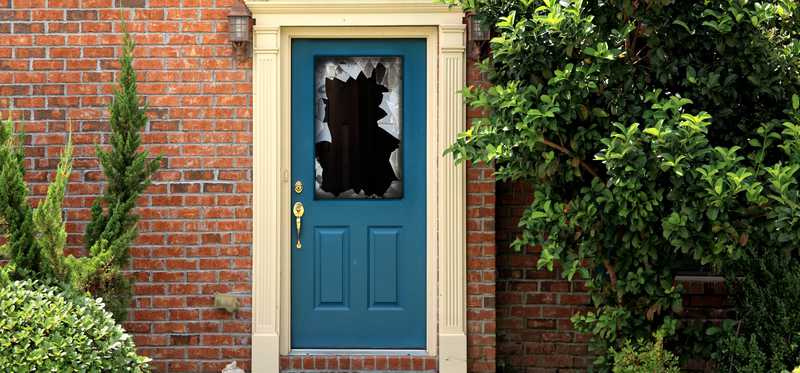
12. Changing neighborhoods
Neighborhoods can change over time. Demand for rental property can ebb and flow based on the property's location or the conditions of the neighborhood. You may be in a nice, safe, high-demand neighborhood, but after 10 years, things change. It's always a good idea to keep tabs on your market and ensure the conditions remain stable or change for your benefit.
Previous
Next
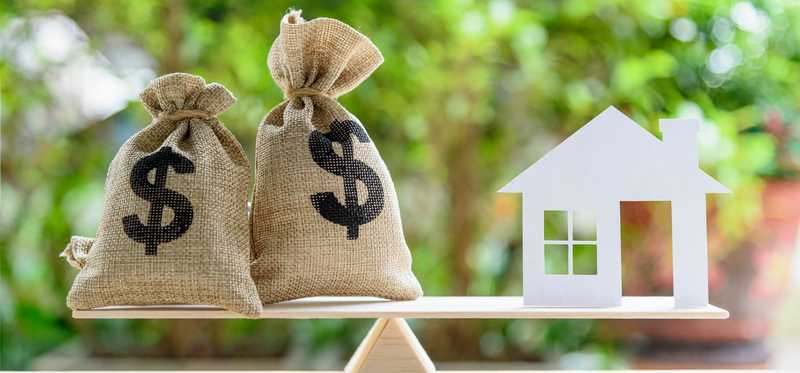
Don't let the pitfalls scare you
No investment is without risks or downsides. Owning a rental property still has loads of benefits that outweigh the risks. The key is to be aware of the pitfalls beforehand, so you can prepare and plan for them beforehand. Thorough due diligence, active monitoring of the market and property, and outsourcing certain tasks to skilled experts will reduce the risk load.
The Motley Fool has a disclosure policy.
Previous
Next
Invest Smarter with The Motley Fool
Join Over Half a Million Premium Members Receiving…
- New Stock Picks Each Month
- Detailed Analysis of Companies
- Model Portfolios
- Live Streaming During Market Hours
- And Much More
READ MORE
HOW THE MOTLEY FOOL CAN HELP YOU
-
Premium Investing Guidance
Market beating stocks from our award-winning service
-
The Daily Upside Newsletter
Investment news and high-quality insights delivered straight to your inbox
-
Get Started Investing
You can do it. Successful investing in just a few steps
-
Win at Retirement
Secrets and strategies for the post-work life you want.
-
Find a Broker
Find the right brokerage account for you.
-
Listen to our Podcasts
Hear our experts take on stocks, the market, and how to invest.
Premium Investing Services
Invest better with The Motley Fool. Get stock recommendations, portfolio guidance, and more from The Motley Fool's premium services.